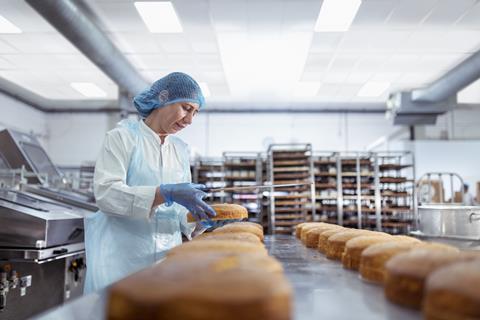
The UK’s 10 biggest grocers have signed up to a new partnership aimed at making it easier for their suppliers to cut greenhouse gas emissions.
Aldi, Asda, Co-op, Lidl, Marks & Spencer, Morrisons, Ocado Retail, Sainsbury’s, Tesco and Waitrose have entered the agreement with Manufacture 2030, a platform and consultancy which specialises in supply chain decarbonisation.
Suppliers to the supermarkets will now get access to additional support and resources that will enable them to reduce their GHG emissions across their operations, for example those that come as a result of sourcing, manufacturing, and transportation.
It includes access to “hundreds” of best practice case studies and educational webinars, as well as one-to-one support services, which are provided as part of Manufacture 2030’s Climate Action Program.
“Major supermarkets play an influential role in decarbonisation, both in their own operations and through broader supply chain optimisation,” said Florence Batten-Turner, head of retail partnerships at Manufacture 2030.
“Collective action is vital to make the changes necessary to tackle the climate crisis and we are thrilled that 10 of the UK’s leading supermarkets are working with us to deliver on their own environmental commitments.”
The new “collaborative approach” partnership would be a win-win for both supermarkets and suppliers, Manufacture 2030 said. For the mults it would contribute to their efforts to reduce Scope 3 emissions from across their respective supply chains, while suppliers will be provided with “measurable benefits”, and could save time and cost by being able to reduce their energy consumption, it explained.
Companies who already supply several of the partnering retailers will save considerable time, as they will no longer need to engage with each supermarket individually when it comes to decarbonisation strategies.
In a joint statement, the supermarkets said: “We cannot underestimate the scale of the task when it comes to decarbonising the grocery supply chain. But by empowering our suppliers to take action through our own, individual strategic partnerships with M2030, we aim to remove thousands of tonnes of GHGs from our grocery supply chains.
“We each, individually, restate our commitment to work with M2030 to reduce the environmental impacts of our grocery supply chains. This work is vital for the future of our planet, our businesses and, crucially, our customers.”
The agreement follows what has been hailed as a “breakthrough” collaboration between the BRC, some major supermarkets and large suppliers that will see the introduction of a unified standard for product carbon footprinting.



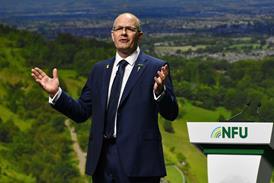



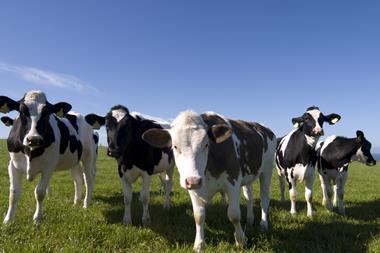






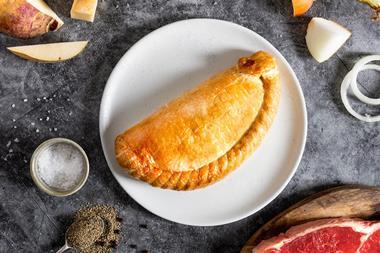


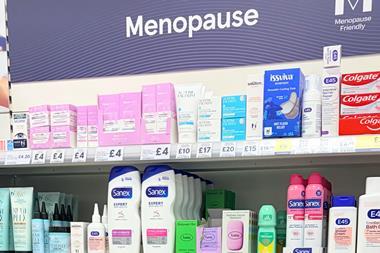

No comments yet